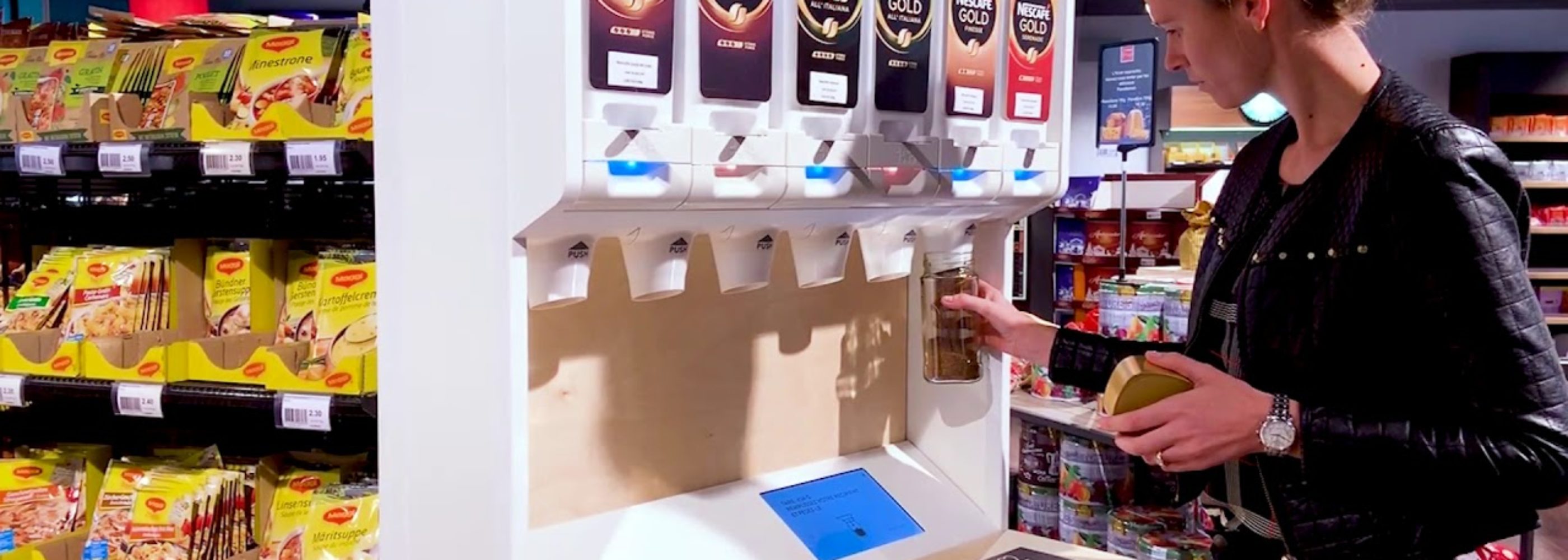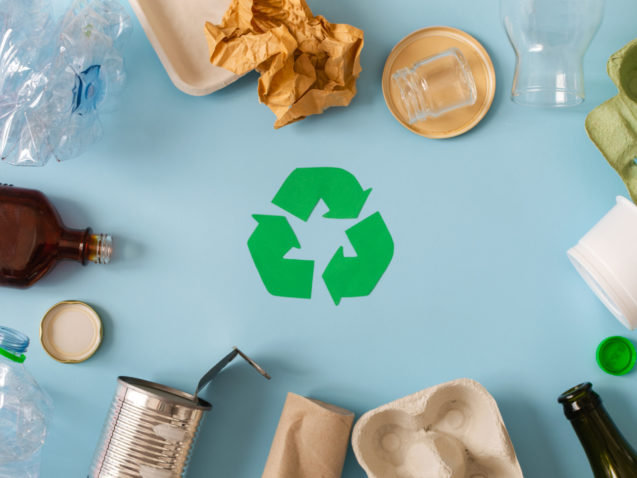Nestlé is piloting reusable and refillable dispensers for petcare and soluble coffee as part of its efforts to reduce single-use packaging. The in-store dispensers offer consumers a shopping experience that is free of single-use packaging, along with flexibility and variety of product choice.
Consumers can bring reusable containers to purchase different types of Purina cat food and Nescafé soluble coffee. They can also digitally access product information that is typically found on packaging, such as ingredients, nutritional values and shelf life.
Working in collaboration with the start-up MIWA, Nestlé recently piloted the reusable and refillable dispensers in three Nestlé shops located in Rorschach, Orbe and La Tour-de-Peilz, Switzerland. During a four-month trial period, the dispensers were well received by consumers and Nestlé was able to gain valuable insights including the user-friendliness. To further assess the dispensers’ effectiveness in preventing packaging waste along the supply chain, the dispensers are now being rolled out across more locations in the next few months.
The development of innovative, alternative delivery systems such as bulk, reuse and refill options are a key focus area for Nestlé across several product categories.
The company has already announced a pilot test for Refill Plus, a water dispenser using state-of-the-art technology, which allows consumers to personalize their water with sixty-four flavour combinations.
In partnership with Terracycle, Nestlé is rolling out Loop, a subscription home delivery service in the US and will also introduce it soon in France. Additionally, mini dispensers for Nescafé and Milo are available for the out-of-home segment in many countries around the world.
These innovative systems are part of a broader set of actions to reduce single-use packaging. Building on its commitment to make 100% of its packaging recyclable or reusable by 2025, Nestlé announced plans to reduce the use of virgin plastics by one third during the same time period.





